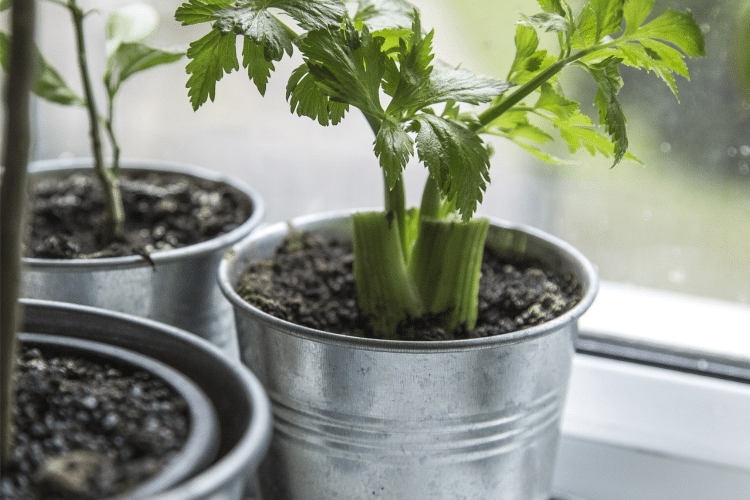
Medicinal Uses Of Parsley Leafs
Table of Contents
Did you know…?
You will get a high dose of vitamins C and A, potassium (important for lowering blood pressure), calcium (good for osteoporosis) and folic acid (which may help prevent cardiovascular disease). Parsley also acts as a mild laxative and diuretic.
Plant Description 
Parsley Leafs is a biennial or perennial herb that originated in the eastern Mediterranean region as a wild plant but is now found in cultivation everywhere. The leaves are dark green and shiny and packed with nutrition.
History
For more than two thousand years, it has been highly regarded as a medicinal herb to treat gastrointestinal disorders, and ancient Greeks valued Parsley for its soothing and diuretic effect on those with kidney and bladder ailments. Galen even recommended Parsley for “the falling sickness” (epilepsy). The Greeks also adorned victors at the Isthmian games with wreaths of Parsley Leaves. Parsley Leaves also adorned the tombs of both Greeks and Romans. What is now an indispensable and nutritious addition to our dinner table was never brought to the table of old, being held sacred to the dead, and it continued to be associated with death through the ages.
Medicinal Uses of Parsley
Nonetheless, it continued to be used in herbal medicine as an important digestive and circulatory aid. Saint Hildegard of Bingen, a Medieval German herbalist, prescribed Parsley wine to improve blood circulation and help heart conditions; and when Charlemagne had it planted in his garden in the Middle Ages, its cultivation was ensured, although its association with the underworld and the Devil continued for some time. Parsley supplies important minerals, beta-carotene, essential oils, quercetin, rutin, flavonoids, chlorophyll and healthy doses of B-vitamins and vitamins A, C, E and K. Parsley leaves, roots and seeds cover a wide variety of ailments.
Treatments
Parsley Leaves have been used to regulate blood sugar and are thought to be effective in cases of low blood sugar if there is an adrenal malfunction.
Parsley Leaf stimulates and strengthens the activity of the digestive system, easing flatulence and indigestion. Its chlorophyll content is essential to healthy digestion, and it increases circulation to the digestive tract. The English herbalist, Culpepper, wrote that Parsley was “comfortable to the stomach and good for the wind.” The herb is said to stimulate both the appetite and metabolism.
Other Medical Uses
Parsley is a natural diuretic. The herbalist, Culpepper, also commented that Parsley “removed obstructions from the liver and spleen,” and it is said today that Parsley helps to expel gallstones and kidney stones. Parsley is said to improve urination when it is painful or incomplete and accelerates the excretion of toxins. It is also said to help prevent the body’s reabsorption of salt and to rid the body of excess mercury. As a diuretic, Parsley relieves the bloating that some women experience before their periods.
Used as a garnish with meals, Parsley Leaf is highly nutritious. The leaves contain more vitamin C than oranges by weight and also provide a good source of iron (important for the proper formation of red blood cells), potassium (good for lowering blood pressure), calcium and manganese (helpful for osteoporosis) and folic acid (which may help prevent cardiovascular disease).
Parsley Leaf is a superior breath freshener because of its high chlorophyll content.
When applied externally, the ancients believed that Parsley Leaf was an effective treatment for skin problems, insect bites and stings, and would dispel skin tumors suspected to be cancerous. In addition, Parsley Leaves were used to relieve inflamed and swollen eyes.
Parsley Leaf is believed to stimulate menstruation.
The high mineral salt content in Parsley is thought to help restore the body’s overall health by neutralizing acidic conditions.Parsley Leaf is reported to be a mild aphrodisiac.
Precautions
Parsley is not recommended for pregnant women in large amounts, as it may cause uterine contractions, but used after delivery, it is said to tone the uterus. Parsley should also be avoided by those who suffer from a kidney infection.






